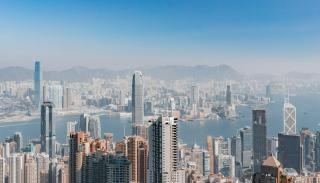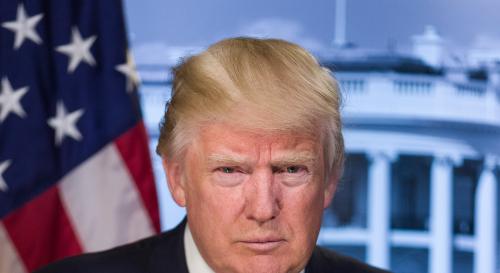
Breadcrumbs navigation
Coping with international politics: A case study of Hong Kong
In this short summary video authors Malte Philipp Kaeding and Heidi Wang-Kaeding discuss the key arguments from their new Review of International Studies article - ‘Coping with international politics: A case study of Hong Kong'.
Want to know more? You can read the full article at DOI: https://doi.org/10.1017/S0260210523000591
This particular article is open access, however BISA members receive access to all articles in RIS (and our other journal European Journal of International Security) as a benefit of membership. To gain access, log in to your BISA account and scroll down to the 'Membership benefits' section. If you're not yet a member join today.
Abstract
The way that leaders and citizens cope with stress is under-theorised in the study of International Relations (IR). This article anchors psychological studies on coping to the literature theorising emotions in IR to clarify two unaddressed questions: (1) how do political actors – individuals and collectives – cope with both sudden crises and long-term change?; and (2) in the context of international politics, whose coping matters, and under what conditions? Our coping framework demonstrates that intersubjective appraisal of urgency from everyday stressors triggers a process that elevates individual coping to the collective level. Circulation of coping responses, a key but neglected process of scaling up, binds individuals to affective communities. Our theoretical contribution is an innovative coping framework to explore how individual pursuit of well-being is transformed into collective agency. The methodological novelty is the triangulation of emotional representation with survey data and in-depth interviews to capture the circulation of coping responses. We illustrate our conceptual framework with the overlooked case of Hong Kong. Our findings suggest coping constitutes conditions of political possibilities, in that individual Hong Kongers’ efforts to sustain emotional well-being are aggregated to create momentum for a state-building project unexpected by the former British colonisers or the Chinese Communist Party.
Photo by Ruslan Bardash on Unsplash

